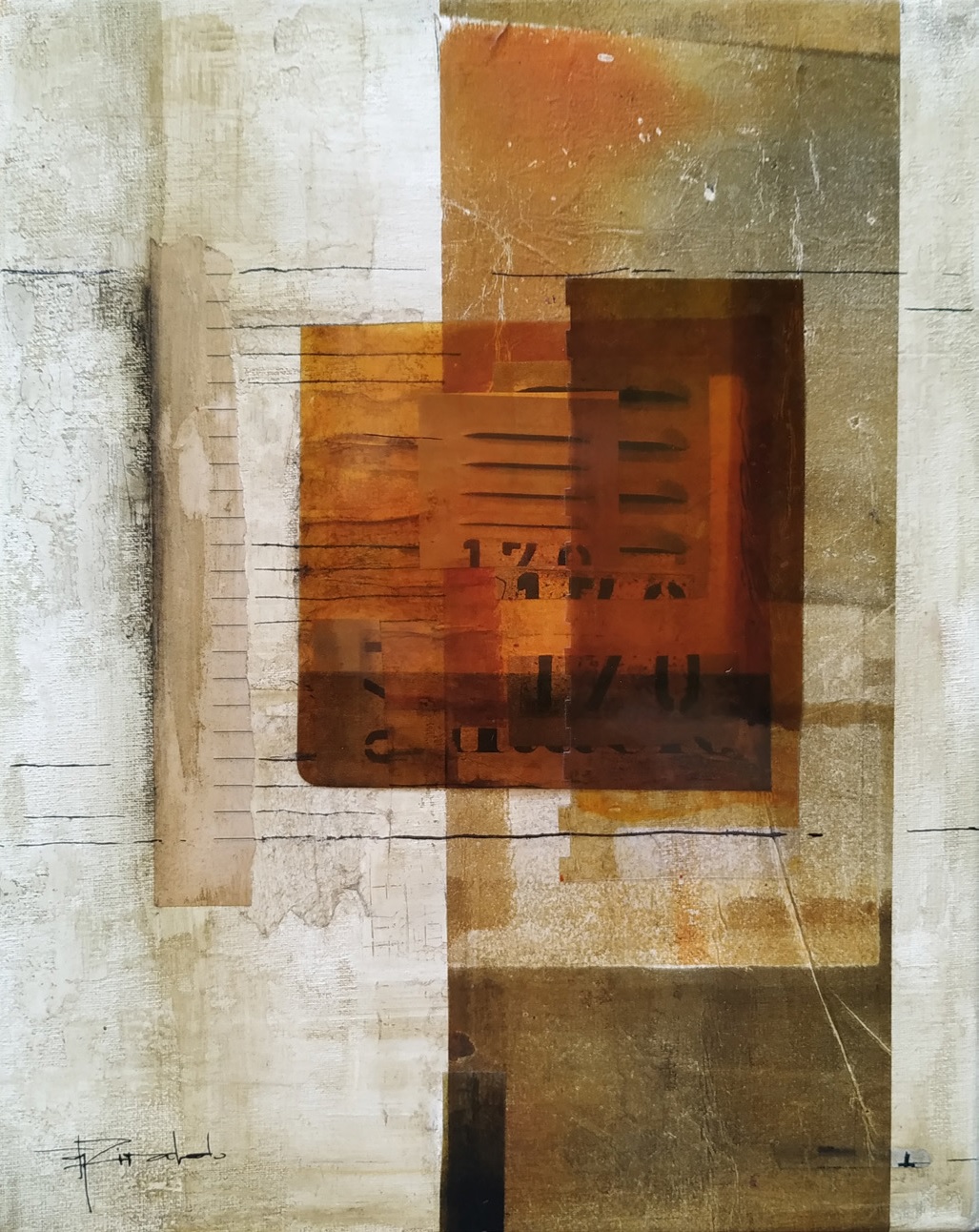And how good was the anguish
DOI:
https://doi.org/10.35305/rpu.vi7.146Keywords:
Anguish, court, freedom , Unmentionable , SymptomAbstract
In anguish one goes inhospitablely. That is, you are not at home. The “before what” of anguish is not an intramundane entity, is indeterminate. This indeterminacy is not a mere absence of determination but “the essential impossibility of being determined.” Anguish makes clear the nothingness, the nothingness that we are at that moment. In an-guish there is neither me nor you, we are in suspense, there is one in suspense
Downloads
References
Descartes, R. (1637), Discurso del método, Espasa Calpe, Madrid 1970. Freud, S. (1926), “Inhibición, Síntoma y Angustia” en Obras completas, Buenos Aires: Amorrortu, 1979.
Kant, E. La crítica de la razón pura. Tomo I. Buenos Aire: Ediciones Losada, 1981. Lacan, J. (1958– 1959) El seminario, 6. El deseo y su interpretación. Buenos Aires: Paidós, 2016.
________(1962–63) El Seminario 10. La angustia. Buenos Aires: Paidós, 2013.

Downloads
Published
How to Cite
Issue
Section
License

This work is licensed under a Creative Commons Attribution-NonCommercial-ShareAlike 4.0 International License.







 Esta obra está bajo una
Esta obra está bajo una 





